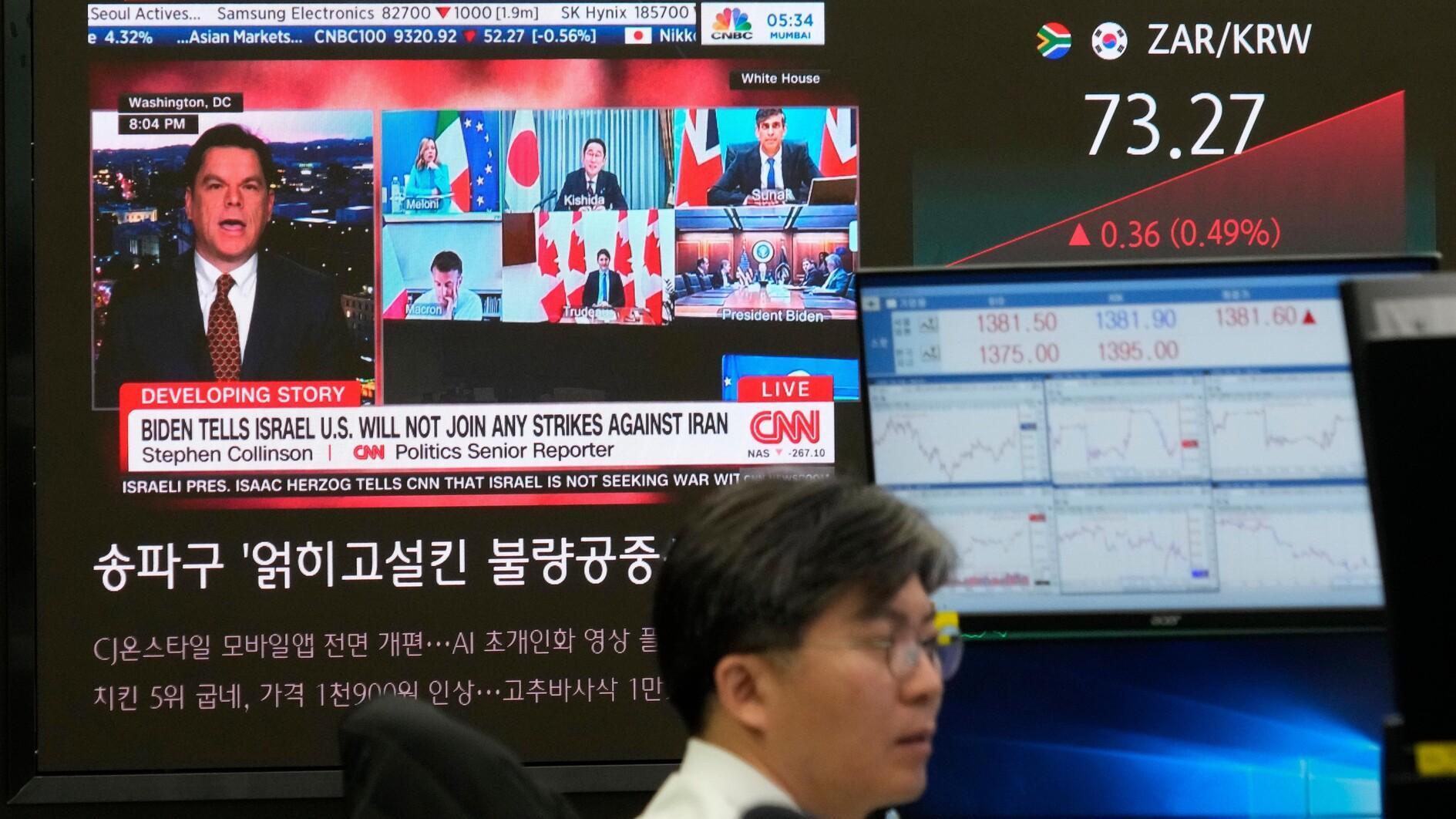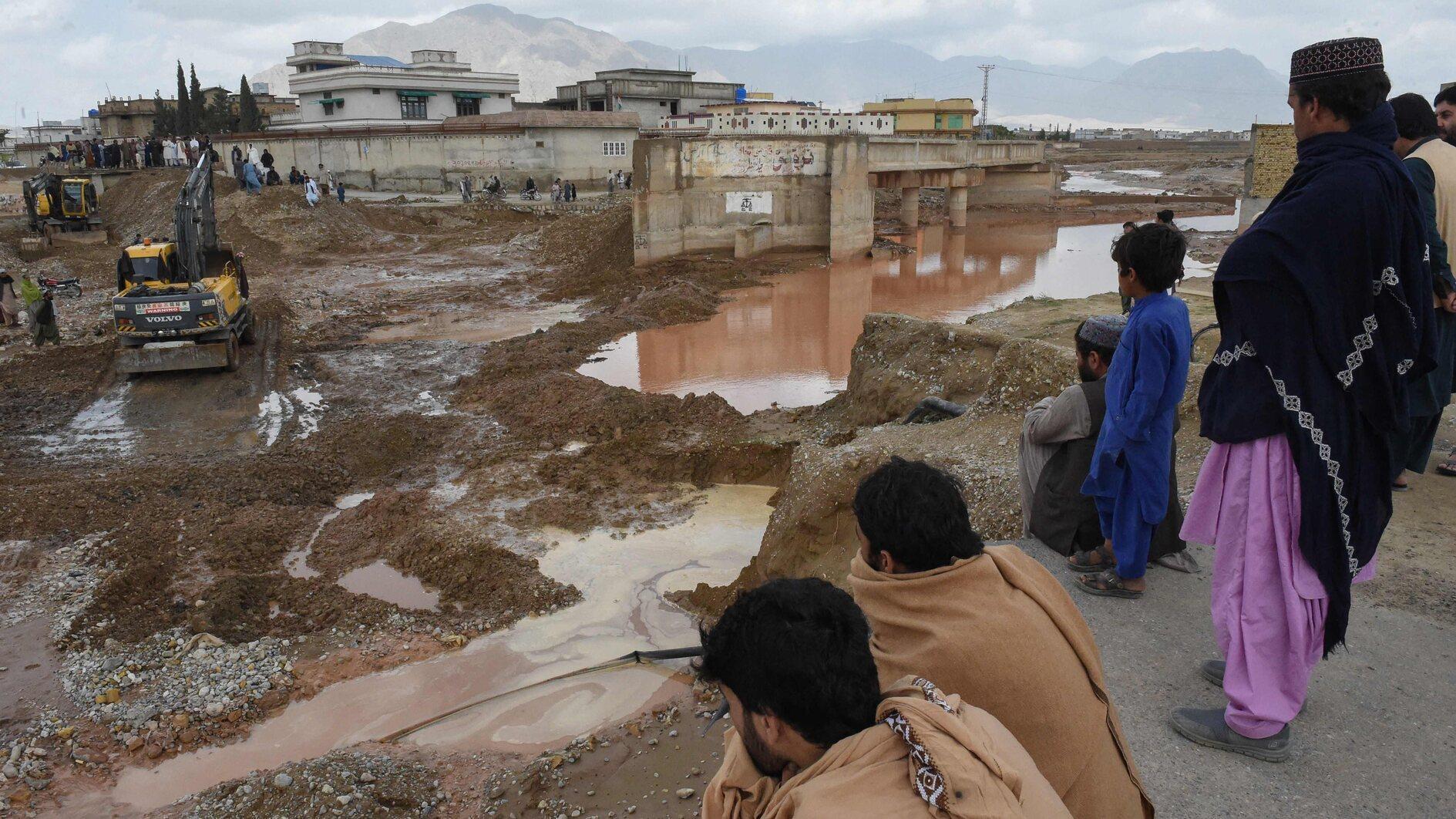Erdoğan as the Turkish commander-in-chief
As soon as he was elected on Aug. 10, 2014, it was announced that the annual Victory Day reception to mark the decisive combat of the War of Independence on Aug. 30, 1922, would be hosted by President Tayyip Erdoğan in the Presidential Palace. Actually it was his predecessor Abdullah Gül, who for the first time hosted the Victory Day reception in the Presidency as the constitutional commander-in-chief but it was Erdoğan who started to redefine it beyond the usual way.
More recently, on March 28, in a speech during a graduation ceremony at the Military Academy in Istanbul, Erdoğan addressed the cadets by calling them “colleagues,” as he was the commander-in-chief of the Turkish Armed Forces (TSK), according to the constitution.
In the Turkish press the move was interpreted as another indication that in Erdoğan’s prospective shift from the parliamentary system to a presidential one, to be the commander-in-chief, not only “at times of peace” as article 117 of the constitution says but at all times, has an important place. At times of war, the constitution says the chief of general staff is the commander-in-chief “on behalf of the president.” The key point here is that the chief of general staff, who is also the commander of all Turkey’s armed forces, including the Army, Navy and Air Force, is appointed by the president upon the proposal of the cabinet but reports and is responsible to the prime minister, not the president. Therefore, even “at times of peace” the president is the commander-in-chief and is the top executive power to “decide whether to use the Turkish Armed Forces” (article 104) when parliament decides to go to a war, but not in full control of them.
This is a delicate debate, as there is a major war, actually two of them, in Syria and in Iraq, in the most unconventional means, but it goes beyond that.
This is a systemic issue regarding the Turkish administration because it involves another aspect of the Turkish security apparatus: National intelligence.
The “State Intelligence Services and the National Intelligence Organization Law” numbered 2937 says the undersecretary of the National Intelligence Organization (MİT) is appointed by the president - after it’s been discussed by the National Security Board (MGK) and suggested by the prime minister - but directly responsible to the prime minister. Article 7 of the law clearly states that the MİT undersecretary cannot be held responsible for his (or her) actions to anybody but the prime minister. It is the prime minister who oversees and approves (on a yearly basis) the cadres of the intelligence service and it is only the prime minister who allocates and approves the use of the “covert budget” (article 20) that is used by the MİT undersecretary in intelligence operations while the undersecretary reports to only the prime minister about the proper use of it (article 21).
When a separate “covert budget” was allocated to the Presidency as a last minute insert in the omnibus law on March 28, 2015, to be used for security purposes, main opposition Republican People’s Party (CHP) MPs questioned in parliament whether the move had anything to do with the debate at the time over the MİT. Prime Minister Ahmet Davutoğlu had asked MİT Undersecretary Hakan Fidan to join the ruling Justice and Development Party (AK Parti) and become a candidate in the parliamentary elections on June 7, 2015, which Fidan agreed to but had to withdraw from before going back to his office upon the strong objection by President Erdoğan.
To have full control over the military and intelligence, like the president of the U.S., seems to be a motivating factor in Erdoğan’s target of shifting to a presidential model with more executive powers, while at the same time criticizing the strong checks-and-balances in the U.S. system. This issue might come up when the AK Parti’s draft for a new constitution is submitted to parliament.











